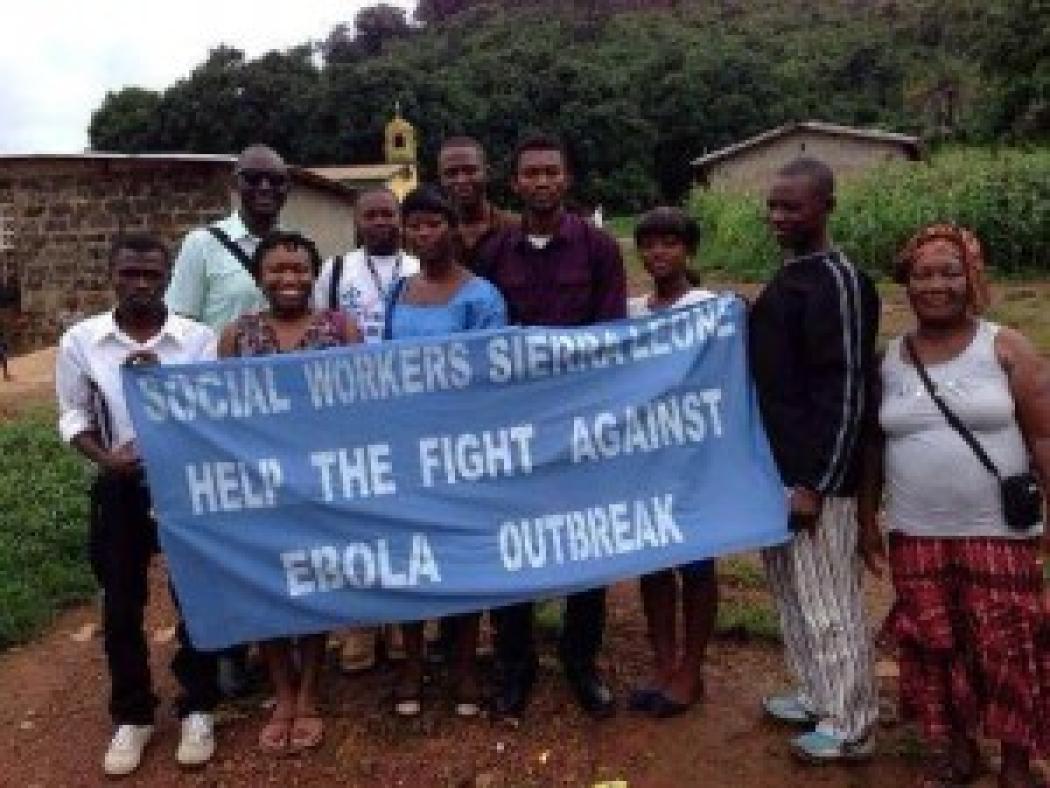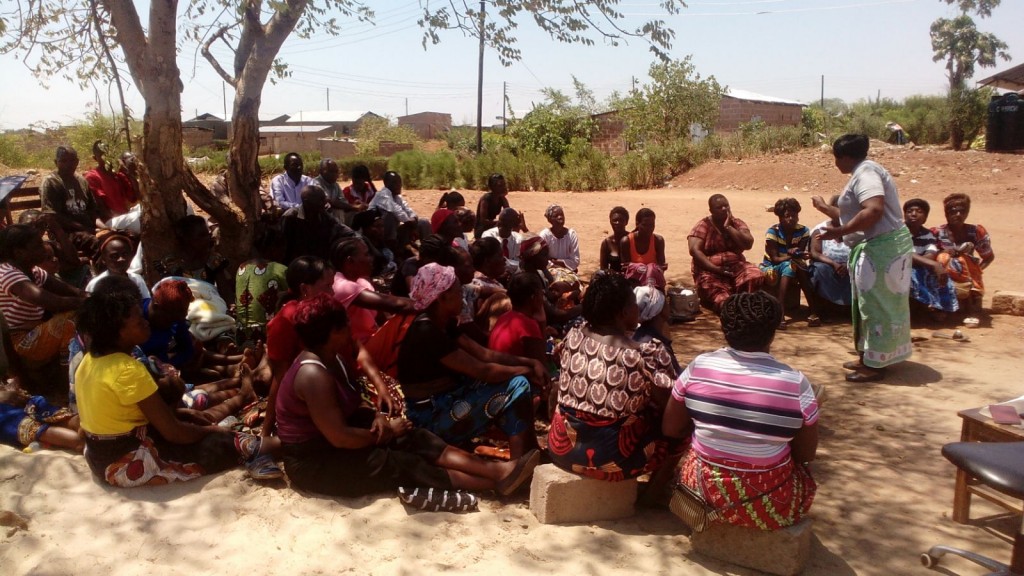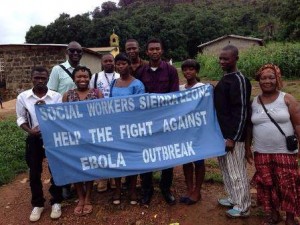Social Service Workforce Vital Component of Health Workforce

by Nicole Brown, Global Social Service Workforce Alliance
We’ve all heard the phrase “It takes a village to raise a child.” This phrase rings true when applied in the context of comprehensive care – health workers and social service workers, community leaders, neighbors and parents coming together for the best interests of a child.

The social service workforce is a vital component of the global health workforce, working to improve lives by improving the wellbeing for vulnerable children and their families. This workforce helps to strengthen connections to health systems, enabling all parties to become better positioned to improve the health of vulnerable populations.
The social service workforce represents a range of individuals working in different contexts; working at different levels - local, national, regional, and international; working as professionals and paraprofessionals; working to implement a range of different services; and working together to serve the best interests of families. They aim to strengthen the resilience of families to cope with their unique challenges in a changing and diverse global world is the role of social service workers.
A multi-disciplinary team of social workers, child and youth care workers, youth development workers, child protection officers, community health workers and others – comes together to put families at the center of integrated service delivery. Together this united yet diverse social service workforce contributes to promoting the inherent strengths of families and their capacity for self-reliance.
 Sierra Leone Social Workers Respond to Ebola
Sierra Leone Social Workers Respond to Ebola
Social service workers promote the inherent strengths in families through integrated, well-coordinated services that are child centered, family focused and community based. Some examples include:
- In South Africa, 10,000 child and youth care workers are being trained through the National Association of Child Care Workers to provide support in any area as needed in a child’s life, linking their families with other community services, such as improving household economic strengthening, grants for child and granny-headed households, help in obtaining birth certificates in order to enroll in school and connecting those affected by HIV with clinics for treatments.
- In Zambia, through the STEPS OVC World Vision-supported project, a network of 52,000 caregivers has strengthened communities in rural Zambia to mitigate the impact of HIV on households living with HIV-positive individuals and orphans. Stigma has reduced and HIV prevalence continues to drop.
- In Zimbabwe, through the Bantwana Initiative, 9,765 community-level child care workers have been trained to strengthen linkages and referral systems between community and government service providers, including developing an integrated pediatric HIV/AIDS care and treatment.
- In Guinea, social service workers collaborated with the government and other NGOs, including the International Federation of Red Cross and Red Crescent, Red Cross Society of Guinea, the Ministry of Health, World Health Organization, and Medecins Sans Frontiers, to manage the spread of Ebola, raise community awareness and provide psychosocial support to affected families. They also helped ensure children made vulnerable by Ebola were protected from further harm.
The strength of a social service system is, in many ways, dependent on the strength of its workforce. Building the social service workforce entails strengthening cadres of workers to prevent and respond to crises, both personal and societal. The availability of qualified and trained social service workers improves communities’ levels of resilience to shock, as workers are prepared and available at times of crisis to assist vulnerable populations.
It does take a village to raise a child, and it does take a village of trained health workers, including social service workers, to protect, support and serve families to advance the well-being of those globally who are in greatest need of our support.
The Global Social Service Workforce works toward a world where a well-planned, well-trained and well-supported social service workforce effectively delivers promising practices that improve the lives of vulnerable populations. The mission of the Alliance is to promote the knowledge and evidence, resources and tools and political will and action needed to address key social service workforce challenges, especially within low- to middle-income countries. Members of the Alliance work in 80 countries around the world to form a network to advance this mission. The Alliance is hosted by IntraHealth International. Learn more at www.socialserviceworkforce.org.
